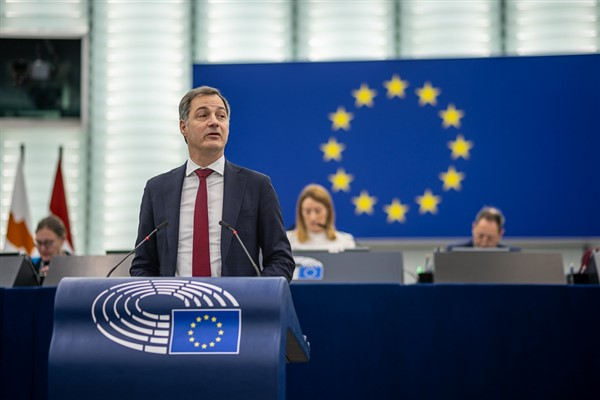The Central Bank of the Republic of Turkey intervened in the markets by selling foreign currency for the first time in seven years to prevent the lira from depreciating against the dollar. In the statement made by the monetary authority, it was stated that the intervention was caused by "unhealthy price formations" in the market. The central bank also started trading on the Borsa Istanbul Futures Market "due to the unhealthy price formations in the exchange rates".
For a while, questions began to arise about how the Central Bank would use its instruments against currency volatility and its constant increase, and how it should position itself. The main policy direction was relaxation, which sent the lira to record lows during this period. With regard to direct intervention, a possibility seemed slim as net foreign exchange reserves were not strong. At the same time, there has been no such sales intervention since 2014. Therefore, how much of a direct sale is in question; The exchange rate effect should be looked at from that perspective. We think that the Central Bank should support this with the effect of discourse and action, in terms of entering the market and providing foreign exchange supply. We state that it is important that this should be done with policy support, especially at the point of revising the expectations regarding the exchange rate.
Currency intervention is probably made from sellable liabilities. It will provide withdrawals in exchange rate movements on a daily basis in order to meet the foreign exchange demand of the companies or the extra demand from the banking system. However, since the policy direction is clear and the direction of the Central Bank to reduce the interest rates is known, we think that this may be insufficient to ensure a continuous decrease in the exchange rate. If we take into account the swaps made with banks, it may be possible that the Central Bank is far from providing a sufficient reserve effect due to its open position. At the same time, verbal or policy actions that send the FX rate upwards may cause the exchange rate volatility to cease. That is, at this stage, the demand for foreign currency is maintained daily by direct interventions, but the market may continue to trend similarly after the demand is met.
In addition to foreign policy pressures such as the Fed's reduction in asset purchases and considering an increase in interest rates, the expectation that the CBRT will continue to reduce interest rates towards the end of the year, within the scope of the easing policy, stands as the main reasons. Speaking on TV broadcast yesterday, President Mr. Recep Tayyip Erdogan, in line with the new economy perspective, which aims to accelerate growth and create employment, evaluated that interest rates could decrease until before the election. Accordingly, the Central Bank is expected to continue to cut interest rates at its December 16 meeting.
Kaynak Tera Yatırım-Enver Erkan
Hibya Haber Ajansı





